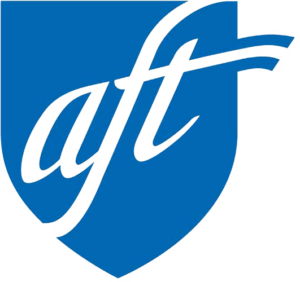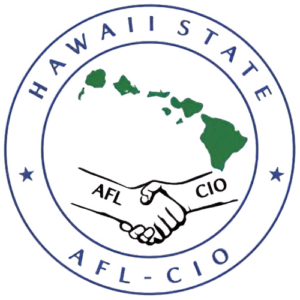Status:
Congress has returned from the July 4 recess and expects to work over the next five weeks on final versions of health care reform legislation. The House is looking to pass their health care reform legislation before the August recess. The outlook for passing legislation in the Senate by that time, however, is slim to none.
Senate: Senator Christopher Dodd (D-CT) – who is leading the Senate Health, Education, Labor and Pensions (HELP) Committee’s reform effort in Chair Edward Kennedy’s (D-MA) absence – indicated at the end of June that the goal is to merge the HELP and the Senate Finance Committee bills by the August recess and hold a floor vote after Labor Day. Senator Dodd is reportedly now temporarily out due to a death in the family and Senators Harkin (D-IA) and Mikulski (D-MD) are shepherding the HELP bill. Senator Mikulski said she expects the HELP bill to be finished by July 12. However, she does not think the Senate bill will reach the floor before the August recess; she hopes the bill will get to President Obama for signature by Thanksgiving. The HELP bill includes a strong public option.
The Senate Finance Committee (Chair Max Baucus (D-MT)) is still working on a finalized health reform bill, which is expected to include health insurance cooperatives as an alternative to a nationwide, government-sponsored public health insurance plan option. It might also (or exclusively) include a “trigger” option, which would produce a public plan only if private health insurers fail to provide sufficient competition. Committee members have reached agreements on many proposals but remain divided on the government-sponsored health insurance option, how to finance reform (i.e., taxing employee’s health care benefits or taking other finance-generating steps), and whether employers should be required to cover at least part of the cost of workers’ health care.
As reported in the media, Senator Reid’s involvement has slowed down the taxation of benefits as a revenue source and reinforced the inclusion of a public plan. This will delay action in the Finance Committee, which will need to find alternative revenue sources. A direct income tax on high income payers is being mentioned as a possibility. It is possible that the Finance Committee may still try to keep the tax exclusion on the table with a much higher cap, but Senator Reid’s intervention has definitely made taxing benefits a tougher task for the committee.
House: The House’s Tri-Committee bill is, for the most part, a good bill and includes a public health insurance plan option. Details on how the House bill would finance health care reform have not been formally released, although we have heard that it may do so through a value-added tax and a tax on sugary drinks and alcohol, among other revenue-raising provisions. We do not expect the House to support taxing health care benefits.
NEA Activities:
NEA’s three priorities are 1) support for quality, affordable health care for all, 2) opposition to the taxation of health care benefits and 3) support for the inclusion of a government-sponsored public health insurance option.
NEA is very active in the health care debate. Our Government Relations, Collective Bargaining, Public Relations, and Campaigns and Elections Departments are working closely together to ensure a coordinated Association message and strategy. We are playing a leading role with health care coalitions that help promote our agenda, developing policy proposals, mobilizing members, and promoting our interests in the legislative process. NEA staff and leaders are currently meeting with key people at the White House, in the House of Representatives, and in the Senate. On Monday, July 13, NEA President Dennis Van Roekel will join other labor leaders in a meeting with President Obama to discuss health care reform. President Van Roekel will reiterate NEA’s position, emphasizing NEA’s continued strong opposition to any taxation of health benefits.
Delegates at the NEA RA wrote 8,000 postcards to the Senate with NEA’s message. The postcards will be hand-delivered by NEA. In addition, delegates sent over 1,300 e-mail messages to Congress on health care reform.
Click to view the NEA brief outlining their opposition to taxation of benefits.



